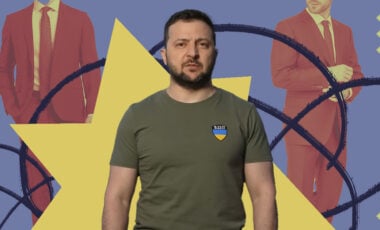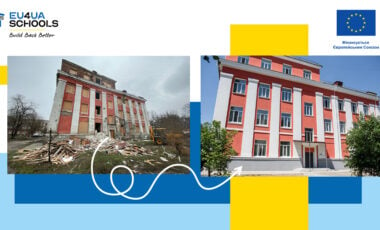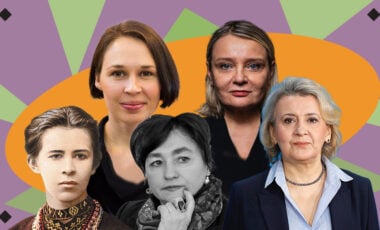Historical Ukrainian monastery offers psychological rehabilitation program for veterans
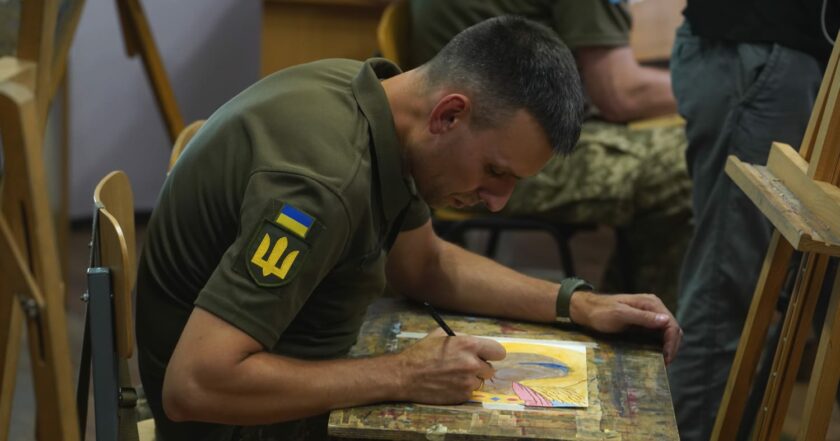
Photo: Ministry of Culture and Information Policy of Ukraine
Ukraine's major historical monastery, the National Reserve "Kyiv-Pechersk Lavra," presented a new program called "Spiritual Restoration Through Culture" for the military.
The Ministry of Culture and Information Policy of Ukraine announced that soldiers will have the opportunity to communicate with the clergy, historians, art historians, and archaeologists, Rubryka reports.
What is the problem?
The biggest psychological and social issue in Ukraine is that people coming back from the war have changed due to their new experiences, accomplishments, and injuries.
After coming back from the front, it's crucial that soldiers can lead a productive and meaningful life, drawing from their new experiences, even if they come with pain.
Likewise, Ukrainian military and civilian psychologists have faced the challenge of secondary traumatization. In simple terms, when one person goes to war, it can impact two or more people who experience psychological trauma. These people are the ones who deeply care and provide support to soldiers. They include spouses, parents, and children of military personnel awaiting their loved ones' return. Interestingly, about 70% of wives of soldiers who are enduring the war require calm and well-balanced guidance and support from psychologists.
What is the solution?
As part of the Spiritual Restoration through Culture project, the Ministry of Culture aims to allow Ukrainian military personnel to connect with the cultural and historical atmosphere of the Kyiv-Pechersk Lavra. This initiative is designed to offer them a sense of emotional and spiritual relaxation after their experiences in war.
How does it work?
"Everything that contributes to our strength, our defense today, is relevant. At the same time, we recognize that for a person's emotional well-being to align with their responsibilities, they need to have inner resilience," said Acting Minister of Culture and Information Policy of Ukraine Rostyslav Karandieiev. "The inner strength develops through communication, through Ukrainian culture, our spiritual traditions, and understanding the greatness of the history of Ukraine."

Photo: Ministry of Culture and Information Policy of Ukraine
He mentioned that the program aims to provide fighters and their families with a chance to reset emotionally. As part of the project, soldiers can spend 1 to 7 days at the Reserve's premises.
"Participants are offered cultural and educational activities, spiritual and religious practices, master classes, as well as excursions. Thanks to communication with clergy, historians, art critics, and archaeologists, soldiers can understand how to overcome their experiences and turn them into post-traumatic growth," the statement says.
The ministry added that a 7-day program is offered for military chaplains. It provides accommodation on the premises of the National Academy of Culture and Arts Managers.

Photo: Ministry of Culture and Information Policy of Ukraine
Participants can participate in archaeological excavations, master classes on icon painting, inspect museum exhibits, and explore the Upper and Lower Lavra territories, and its caves, accompanied by lecturers-guides.
Military personnel can also take part in religious services and communicate with the spiritual mentors and monks of the Lavra.
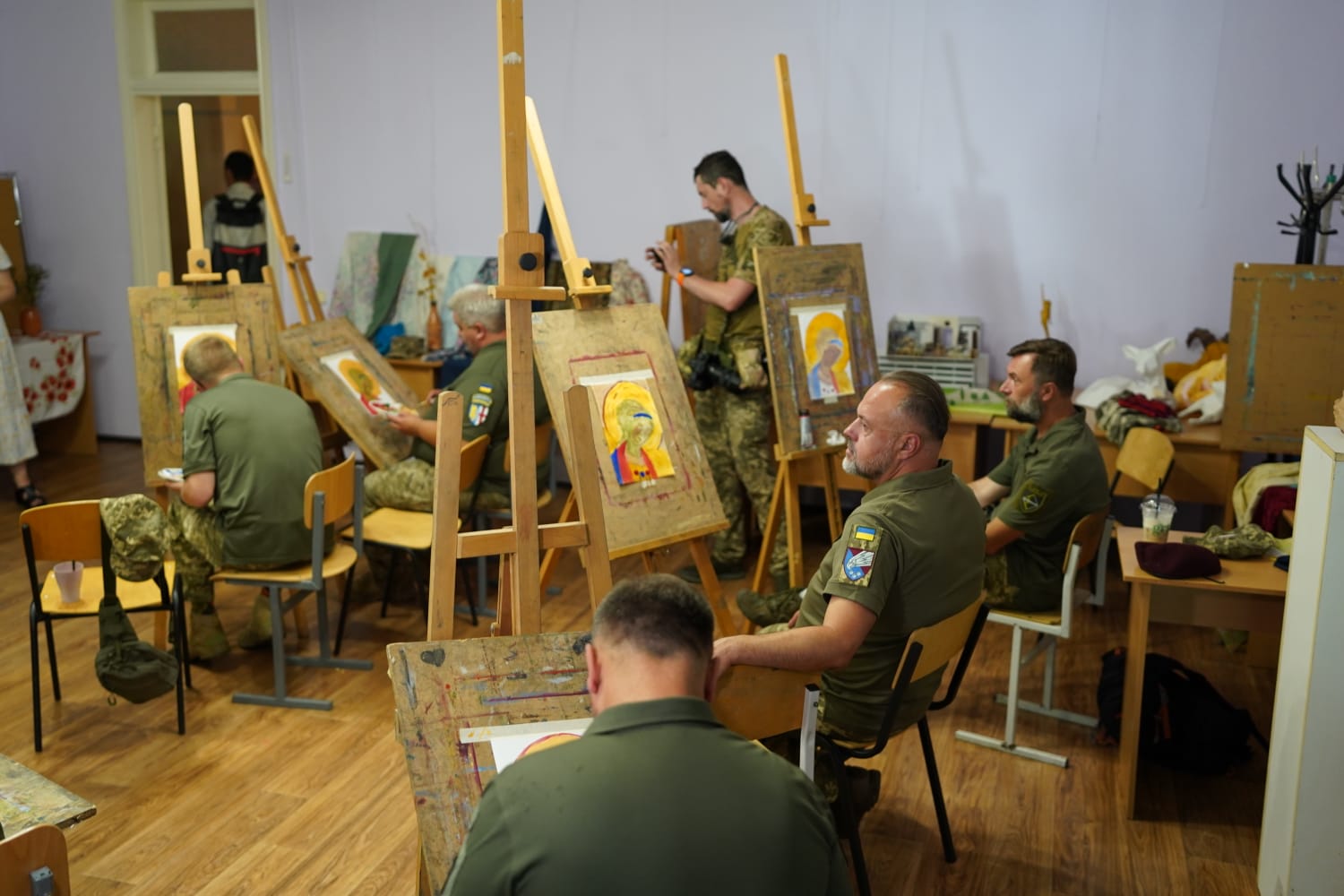
Photo: Ministry of Culture and Information Policy of Ukraine
Another component of the program is "Day at the Lavra for Soldiers." Military groups (up to 20 people) accompanied by a lecturer-guide will be able to immerse themselves in the atmosphere of the Kyiv-Pechersk Lavra during the day, explore the area, visit shrines, listen to tours, and join the activities of the Reserve.
"Currently, several groups of soldiers from the Ukrainian State Medical and Social Center for War Veterans in the village of Tsybli, which takes care of the rehabilitation of soldiers after participating in hostilities, took part in the program," the ministry concluded.
Rubryka reported that a rehabilitation center for wounded soldiers, designed for 20 inpatient beds, has opened in the west of Ukraine.
Rubryka also reported that Ukraine intends to expand rehabilitation-related specialties in the universities. Work is also underway to create at least four large national-level rehabilitation centers that will combine physical and psychological rehabilitation.

























